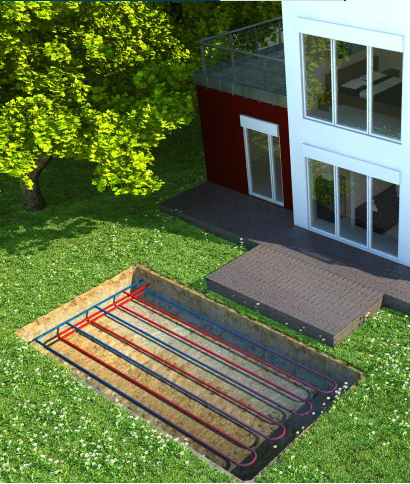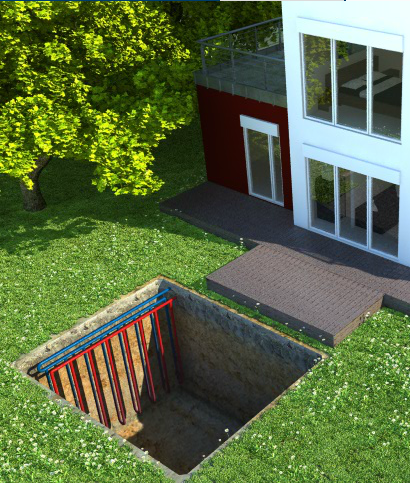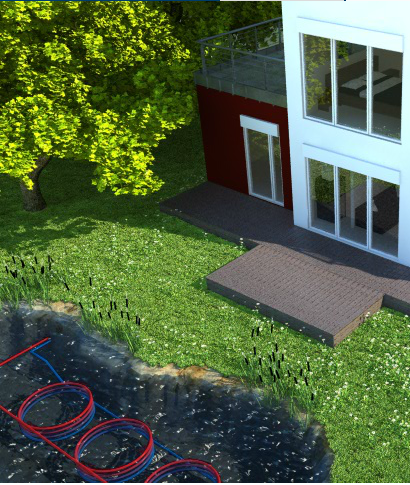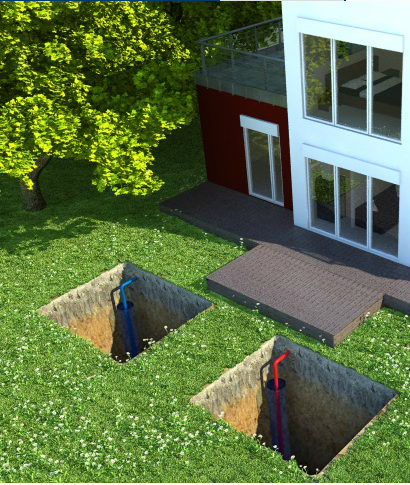Geothermal Heating & Cooling Service, Repair & Installation
A Geothermal Heat pump is an electrically powered system that taps the stored energy from the earth. These systems are Energy Efficient, Cost Effective, Reliable, Quiet, Safe, Clean, and Environmentally Friendly.
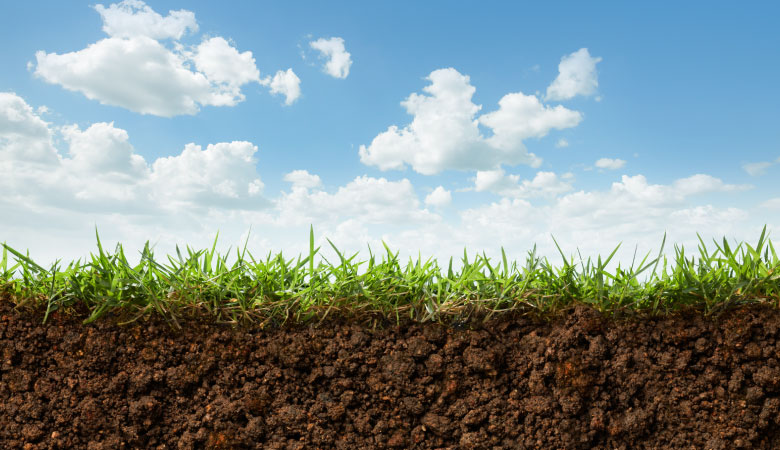
Geothermal heat pumps, commonly referred to as Ground-source heat pumps use the earth's constant temperature to provide heating, cooling, and hot water for homes and commercial buildings.
There are four basic configurations a geothermal system can take: Horizontal Loops, Vertical Loops, Pond/Lake Loops, and Well Water Systems.
Depending on system configuration, ground source heat pump systems last upwards of 30 years.
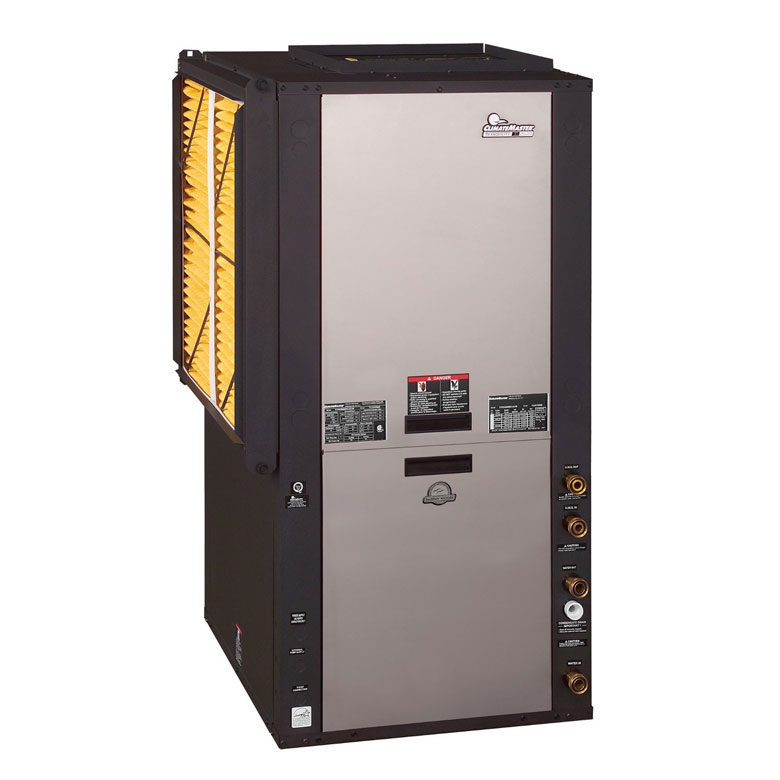
Geothermal heat pumps are a highly efficient renewable energy technology that is gaining wide acceptance for both residential and commercial applications.
The greatest advantage of these systems is that they work by concentrating naturally existing heat, rather than producing heat through combustion of fossil fuels. Installing a Geothermal system not only saves you money on your energy bills, but it also contributes to the efforts of reducing our overall fossil fuel consumption.

